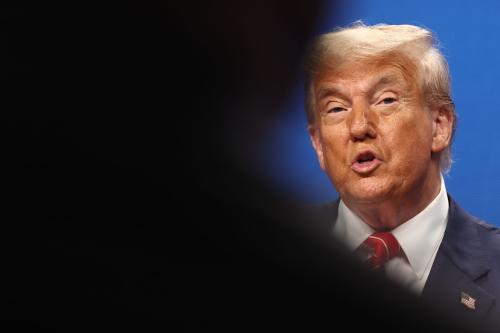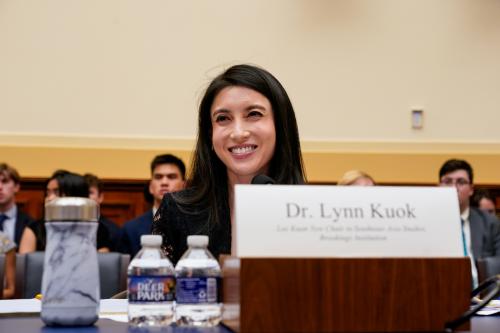Prime Minister Junichiro Koizumi’s landslide victory on September 11 was well expected but mysterious. Well expected because it really was predetermined as Koizumi, again, had outmaneuvered his opponents with his masterful ride on voters’ anxiety and strong (but unclear) desire for changes. Mysterious because the China factor, a key element in stirring up such anxiety and desire, was hardly mentioned during the entire campaign, despite the unprecedented appearance of five Chinese naval ships in the disputed waters in the East China Sea at the eve of the election.
But the lingering and seemingly escalating tension between the two great Asian powers must be addressed. It is true that the Sino-Japanese tension roots in historical agony caused by a brutal war that was started by the Imperial Army’s invasion into China in 1931. It is also true that the tensions are tangled with frictions over territory disputes, energy, security concerns, economic exchanges, intellectual property, illegal immigrants and labors, and so on.
Yet it is bad policies, inept managements, insensitive and even rude behavior by both sides that have poisoned the relationship between the two nations which, with so much shared interests, must cooperate in order to sustain their economic prosperity and political stability. Indeed, how could the Chinese, and peoples in other Asian countries who had suffered from the Imperial Army’s invasions, not be reminded of the unbearable pain and unspeakable humiliation when Prime Minister Koizumi habitually visited the Yasukuni Shrine where 14 top war criminals are “honored”? And how could the Japanese not feel threatened by China’s rise when Chinese submarines lurked in Japanese territorial waters “by accident” and naval ships conducted “normal exercises” in the disputed waters? Beneath the seemingly insensitive activities and inept maneuvers, however, are turbulent torrents of nationalistic sentiments in both countries.
The Brookings Institution is committed to quality, independence, and impact.
We are supported by a diverse array of funders. In line with our values and policies, each Brookings publication represents the sole views of its author(s).


